Frequently Asked Questions
Frequently Asked Questions
Q:
What are the benefits of taking cello lessons and the Suzuki Method?
A:
Learning music is a total brain development for the mind and physical coordination that has been proven to expand children’s learning capacity. This method takes advantage of the innate learning strengths we already have. When we learn the English language, we listen first, then babble until sounds form words and sentences. Emulating hundreds of times with the encouragement of parents becomes a gateway to creativity. Repetition fosters discipline and focus that helps in all life subjects. From ability, comes confidence.
Q:
What can we expect in the first private lessons?
A:
The youngest students begin by learning the skill of attention span and communication. Physically, we start with building core strength and endurance to support the cello position. Musically, we sing for pitches, phrasing, and rhythmic patterns. Technically, we then begin learning one hand at a time until we put them together. After the basics, lessons move toward expression and artistry.
Q:
What activities do students do as a group?
A:
Students need to be met in their comfort zone and subsequently pass greater benchmarks of progress. Informal levels of performance teach them to focus on service, such as during our outdoor busking for charity and concerts at assisted living facilities. Sometimes we meet online as groups to just have a no pressure playdate or celebrate Halloween in costume at the park. We use positive association by having classes accompanied by bike rides, paddle boat outings, boba parties or ice skating. There are also required formal semester recitals. Other times, we prepare for competitions, honors recitals and regional institute performances.
Q:
When is my child ready for lessons?
A:
Ms. Adrianna considers prospective students with social and physical readiness. Are they strong enough to support a baby cello for up to three minutes? Can they sit still and focus on another person for up to three minutes? Can they communicate yes and no verbally or by showing? Do they respond with respectful behavior? This is typically around ages 4-6.
Q:
My child is 10, can he/she take lessons?
A:
Many students take lessons when enrolling in school orchestra so they can fully understand what they learn in school through private attention. Others just want to learn music on their own for the first time or love the idea of cello as their second instrument.
Q:
How do I find a Suzuki Method teacher?
A:
You may find that most cello teachers use the Suzuki books because they have such useful repertoire. If you are interested in the Suzuki Method, however, it is most helpful if the teacher has attended the intense trainings. These call for hours of observations, assignments and lessons with master teachers – some of whom studied with Dr. Suzuki himself! The Suzuki Association of America lists teachers who are active members of the group and what teacher training courses they have registered.
Q:
Are Red Cello Lessons for us?
A:
Daily practice and parent participation are key. Only families who can logistically make a regular commitment to attend lessons AND have the time to practice daily without over stress should inquire about taking lessons.
